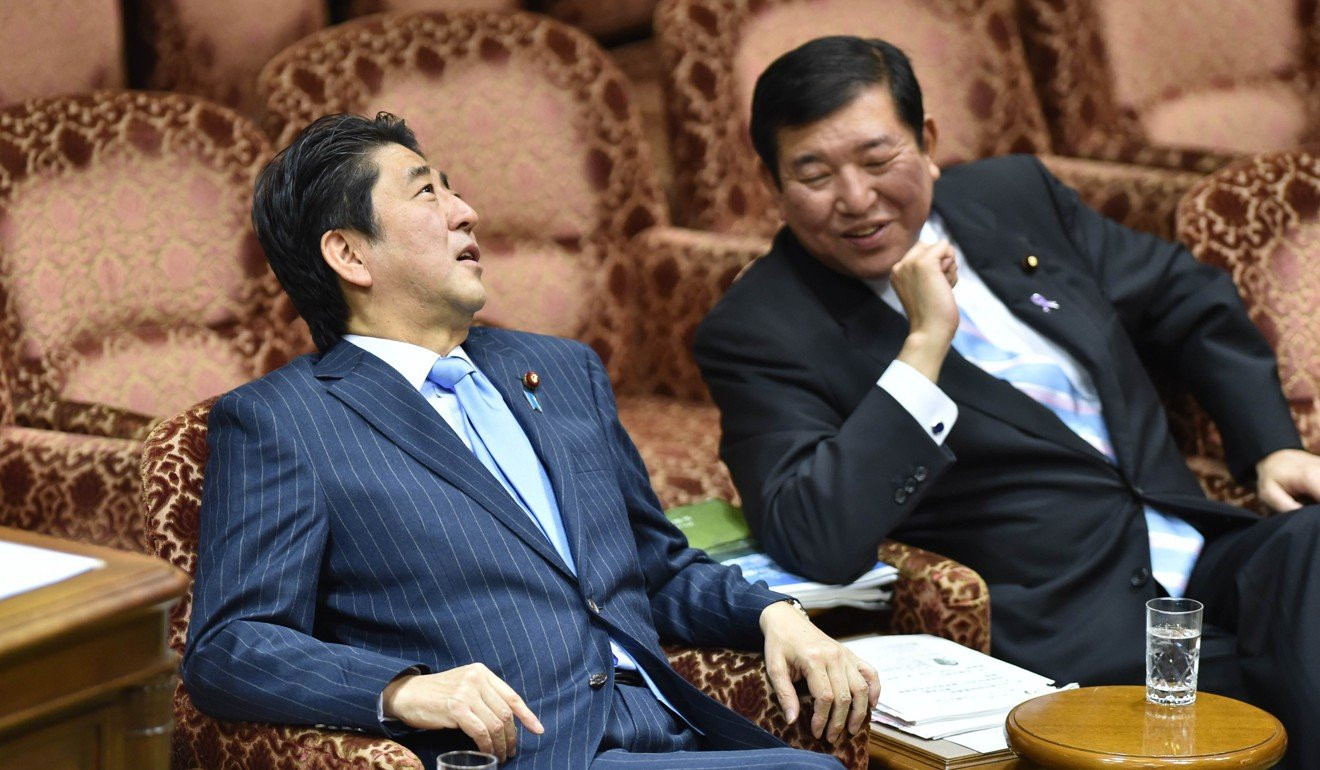Shigeru Ishiba is set to become Japan’s next prime minister after the governing Liberal Democratic Party elected him as its new leader on Friday.
Ishiba, 67, will face public anger over rising prices, as well as difficult demographic and labor issues in a country with a shrinking and fast-aging population of about 125 million and the world’s fourth-largest economy.
He is also contending with a complicated security environment in the Asia-Pacific region, where the U.S. has been strengthening ties with Japan and other allies in an effort to counter China’s growing influence. Japan has another volatile neighbor in North Korea, which has been accelerating missile launches and may be on the verge of its seventh nuclear test.
This was Ishiba’s fifth time running for party leader. He defeated Takaichi in a vote of 215 to 194.
Ishiba's Victory: A Challenge for the LDP
Ishiba’s victory is a sign that the LDP is seeking to move away from the scandals that have plagued it in recent years. However, he will face a number of challenges as he takes on the role of prime minister.
The LDP has been criticized for its handling of the economy, which has been stagnant for many years. Ishiba will need to find a way to boost economic growth and address the concerns of the Japanese people about rising prices.
Ishiba will also need to navigate the country's difficult demographic and labor issues. Japan's population is shrinking and aging, which is putting a strain on social and medical services. Ishiba will need to find a way to address this issue and ensure that Japan has a sustainable workforce in the future.
Ishiba's Foreign Policy
On foreign policy, Ishiba has taken a more hawkish stance than Kishida. He has called for Japan to strengthen its military and take a more active role in the Asia-Pacific region. He has also expressed support for Japan developing its own nuclear deterrent.
Ishiba's views on foreign policy are likely to be controversial, but they reflect the growing sense of insecurity in Japan. The country is concerned about the rising influence of China and the potential for conflict in the region.
Ishiba's election as prime minister is a significant development for Japan. He is a veteran politician with a long history of service, but he will face a number of challenges in the years ahead. The challenges he faces, from domestic economic issues to navigating Japan's complex foreign policy, are multifaceted. It remains to be seen whether he can successfully address them and restore public confidence in the LDP.
Ishiba's Rise to Power: A Look Back
Shigeru Ishiba's victory in the Liberal Democratic Party (LDP) leadership race marks a turning point in Japanese politics. He has been a prominent figure in the LDP for decades, known for his outspokenness and his commitment to rural revitalization. But he has also been a controversial figure, and his victory comes at a time when the LDP is facing a number of challenges.
Ishiba’s victory can be attributed to several factors. First, he was able to capitalize on the public’s dissatisfaction with the Kishida administration. The LDP has been plagued by a series of scandals in recent years, and many Japanese people were looking for a change in leadership.
Second, Ishiba was able to appeal to a broad range of voters. He is seen as a strong leader who can stand up for Japan’s interests on the world stage. He is also popular with rural voters, who have felt neglected by the LDP in recent years.
Third, Ishiba was able to successfully navigate the LDP’s internal politics. He was able to build a strong coalition of supporters within the party, and he was able to overcome the opposition of some of the LDP’s more conservative members.
However, Ishiba’s victory is not without its risks. He is a controversial figure, and his victory could lead to further divisions within the LDP. He is also a strong nationalist, and his policies could lead to tensions with Japan’s neighbors.
The Future of Japan under Ishiba
Ishiba’s victory is a significant development for Japan. He is a veteran politician with a long history of service, but he will face a number of challenges in the years ahead. The challenges he faces, from domestic economic issues to navigating Japan's complex foreign policy, are multifaceted. It remains to be seen whether he can successfully address them and restore public confidence in the LDP.
Ishiba’s win is a sign of the LDP’s desire for change. The party is facing a number of challenges, including a stagnant economy, a shrinking and aging population, and a complex security environment. Ishiba is a strong leader with a clear vision for the future of Japan. However, it remains to be seen whether he can deliver on his promises and lead Japan into a new era.
Ishiba’s win is also a sign of the growing influence of nationalism in Japan. He is a strong nationalist, and his policies could lead to tensions with Japan’s neighbors. However, it is important to note that Ishiba is not a radical nationalist. He is a pragmatic leader who is committed to protecting Japan’s interests.
The future of Japan under Ishiba is uncertain. He faces a number of challenges, but he also has the potential to lead Japan into a new era. Only time will tell what he will achieve.
Ishiba’s win is a reminder that Japan is a dynamic country with a complex political system. The LDP has been in power for decades, but it is constantly evolving. Ishiba’s victory is a sign that the LDP is adapting to the changing needs of the Japanese people.


















